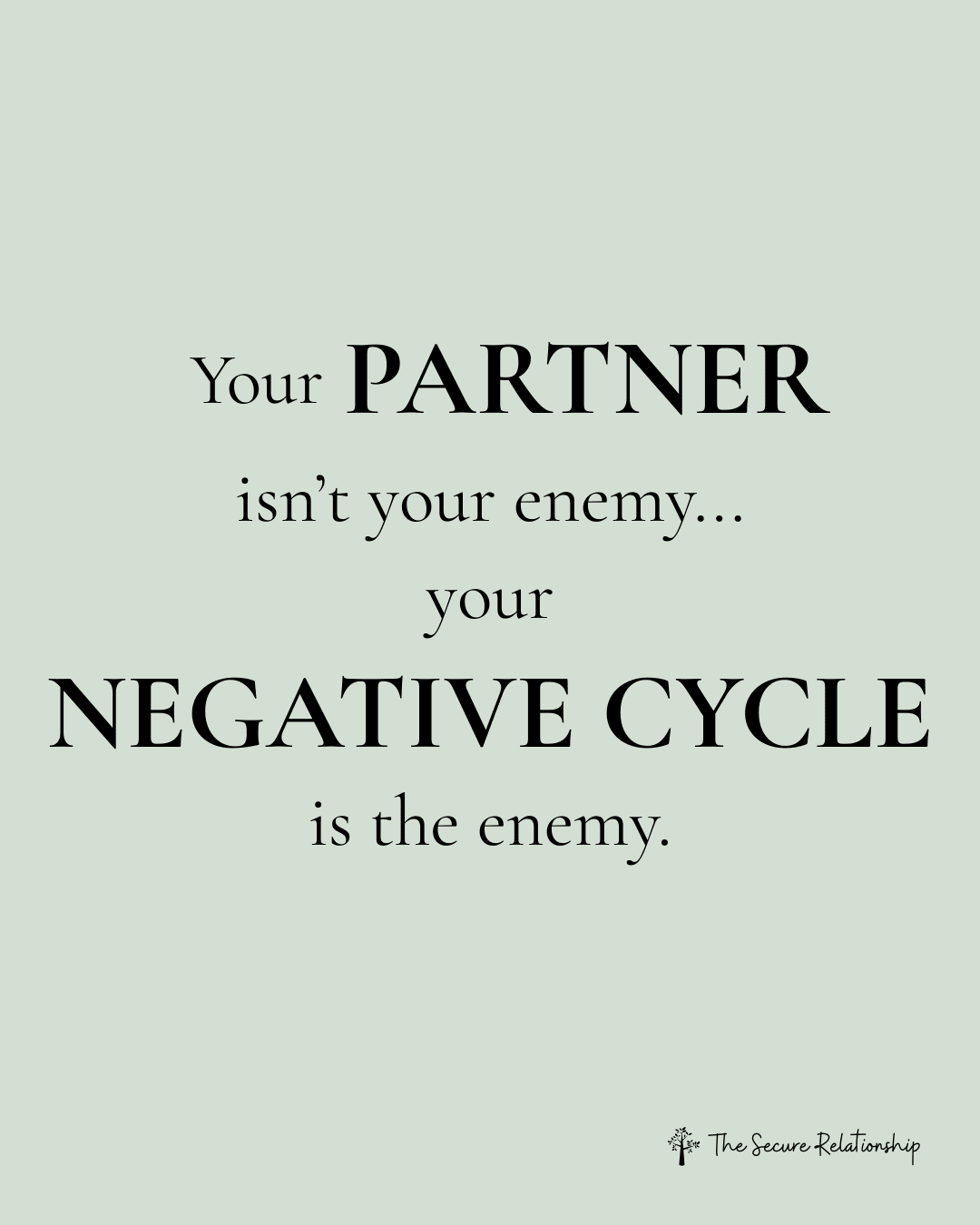Why self regulation might not be working
Why Self Regulation Might Not Be Working
Self regulation is essential for navigating life’s emotional challenges, but it doesn’t always come naturally—especially if the foundations for it were never fully developed. Let’s explore why self regulation might feel difficult and how addressing these barriers can make it more achievable.
1. You Didn’t Get Enough Co-Regulation Then, and Still Don’t Get Enough Now
Humans aren’t designed to learn self regulation alone. As children, self regulation is built through co-regulation with a caregiver. When parents are emotionally supportive, children internalize this regulation, which later helps them self soothe.
However, adults also need co-regulation. Supportive relationships create emotional buffers, making triggers less intense. Without these buffers, trust erodes, leaving deep-seated fear—the opposite of trust—and making self regulation much harder.
2. You Haven’t Yet Honored the Feelings You’re Trying to Regulate
All feelings are valid, even the uncomfortable ones. If you often invalidate your emotions with thoughts like:
“I’m overreacting.”
“Why am I letting this get to me?”
“I’m being dramatic.”
…you’re likely repeating messages you’ve internalized over time. Emotional validation is essential for self regulation, as it helps process emotions rather than suppressing them. Examples of validating self-talk include:
“Of course, this is upsetting—feeling misunderstood is hard for anyone.”
“Strong people face their emotions head-on.”
“Anger is normal. What’s it trying to tell me?”
When you honor your feelings, you create space for true regulation.
3. You’re Not Finding and Sitting with Your Feelings in Your Body
Emotions live in the body. Physical sensations like chest tightness or stomach knots are signs of emotional processing. Intellectualizing emotions is not the same as feeling them. To truly regulate, focus on where you feel emotions physically and sit with them. Resources like The Body Keeps the Score by Bessel van der Kolk or somatic therapy can guide this process.
4. You’re Blocked by Shame
Shame is a significant obstacle to self regulation. It convinces you there’s something fundamentally wrong with you, preventing emotional validation and fueling behaviors that harm relationships. This cycle creates more pain, making self regulation nearly impossible. Professional support may be needed to break this shame trap and create space for emotional healing.
5. You’re Blocked by Fear and Trauma
Unresolved trauma and fear amplify emotional triggers. Trauma is any experience your body resists revisiting because of its pain, leading to heightened reactions. Triggers often involve fears of rejection, humiliation, or abandonment. Understanding and addressing these fears can help reduce their intensity, making self regulation more accessible.
In Summary
Everyone needs to self regulate, but for some, emotional overload makes it especially challenging. Addressing these barriers can create a safer emotional environment, reducing the frequency and intensity of triggers. Factors that hinder self regulation include:
Lack of co-regulation.
Ignoring or invalidating emotions.
Intellectualizing rather than feeling emotions.
Excessive shame.
Unresolved fear and trauma.
By working on these layers, you can foster healthier emotional regulation and resilience.
Resources for Emotional Regulation
If this resonates with you, explore these resources for support:
Attachment 101 Course: Includes an Attachment Style Quiz and tools to foster emotional regulation through secure connections. Learn more.
Understanding Shame Workshop: Dive deeper into the impact of shame and its role in emotional dysregulation. Join now.
Julie’s Book, Secure Love: Order now to explore attachment, emotional safety, and self regulation strategies.
Coaching Sessions: Work one-on-one with coaches trained in emotional regulation and relational healing. Sign up now.
The Secure Love Podcast: Listen now to gain insights into managing emotions and fostering trust in relationships.
“Self regulation isn’t about avoiding emotions—it’s about honoring them, processing them, and building resilience through connection and self-awareness.”



Trying to control your environment—like keeping a spotless house—can sometimes be a way to manage inner anxiety caused by relationship disconnection. But when that strategy backfires, it can create more of the very disconnection you’re trying to avoid. This post explores how personal anxiety shows up in relationships, and how couples can break the cycle.